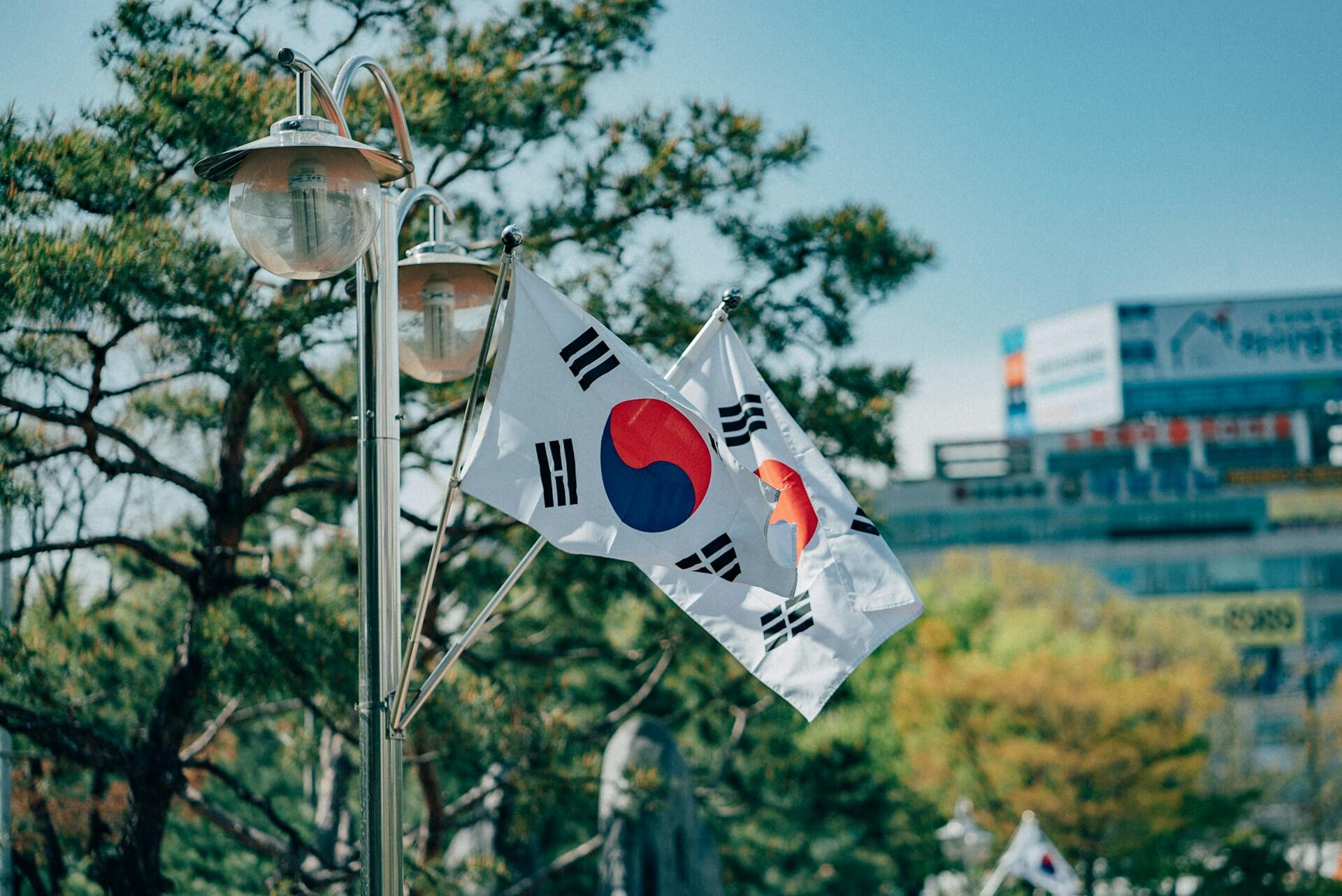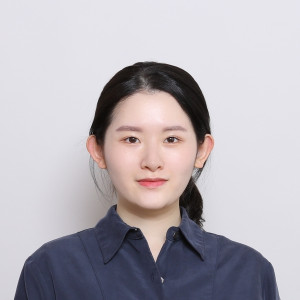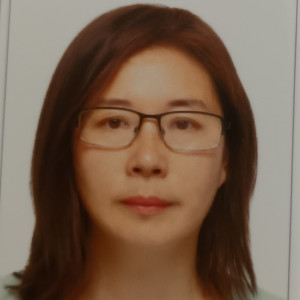In Korean, honorifics play a crucial role in how people address one another. These are based on age, social status, and relationships.
Whether you're a K-drama fan, K-pop enthuasiast, or learning Korean, you may have already heard of terms like "Oppa", "Hyung", "Unnie", and "Noona".
Here, we'll explore how to speak more naturally and respectfully in Korean, exploring the meaning behind “Oppa” and other Korean honorifics.

What Are Korean Honorific Titles?
In Korean culture, honorific titles are an essential part of communication. They show respect, indicate age differences, and reflect the social hierarchy. Unlike in English, where people typically use their first names, Koreans use honorifics to address one another.
Much like the writing system, Korean honorifics are unique. While it's not the only language to use honorifics, it has specific ones you must learn.
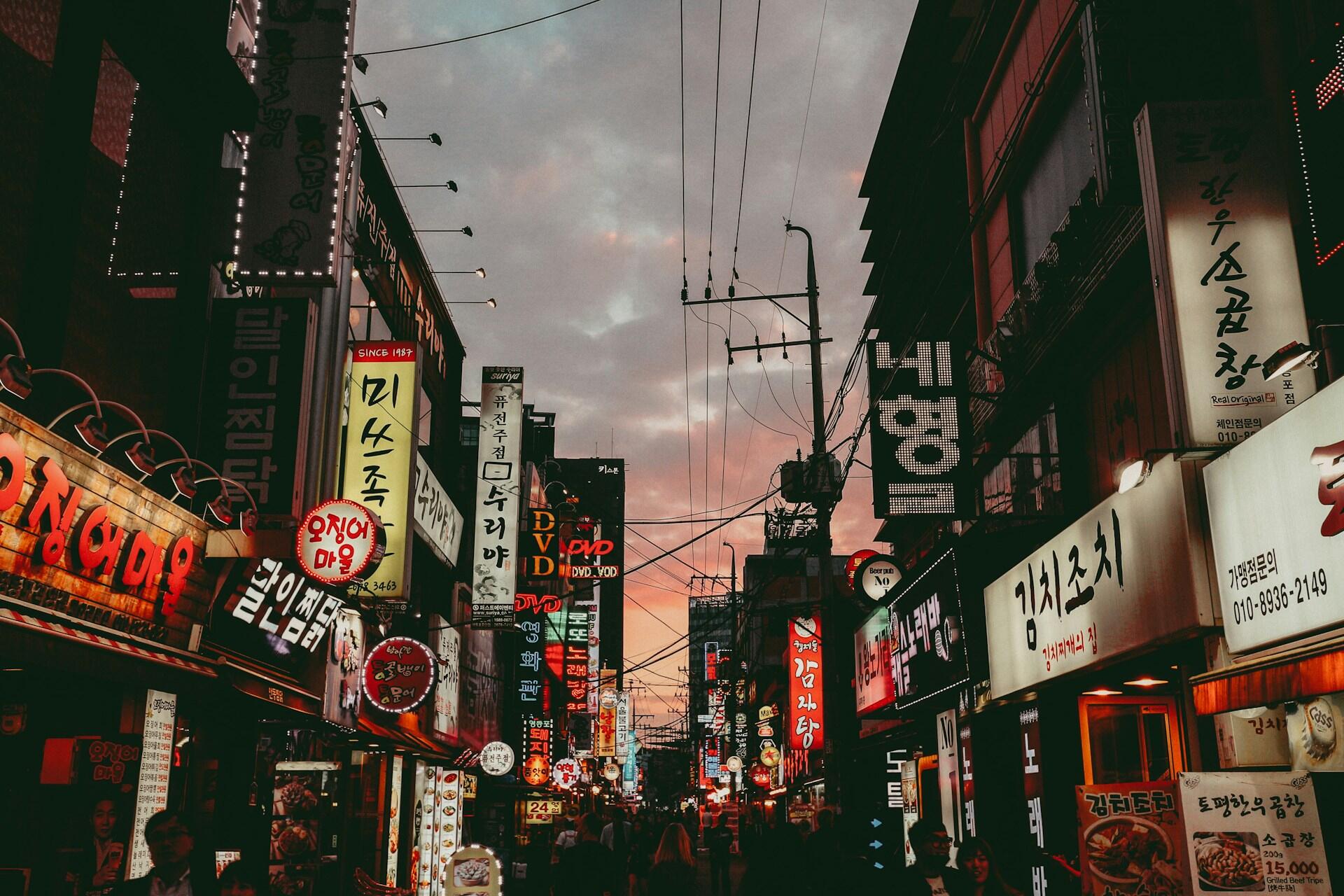
Why Do Koreans Use Honorifics?
Confucianism has deeply influenced the Korean language, which emphasises respect for elders and authority. How you address a person in Korean will depend on factors like:
- Age – Younger people must use honorifics when speaking to older individuals.
- Social Status – Honorifics show respect for seniors, bosses, and teachers.
- Formality – Depending on the situation, speech levels change between formal and informal.
This and many other factors can make Korean a difficult language for English speakers.
Korean honorifics stem from Confucian principles of respect for elders and hierarchy. Using the right title shows politeness and maintains social harmony.
Honorifics vs. Regular Speech
Surely Koreans can't use honorifics all the time? Koreans may drop honorifics in very casual settings, but only when talking to close friends or younger people.
Since using the wrong level of speech can seem rude or disrespectful, it's better to learn the honorifics and use them when appropriate.
What Does "Oppa" Mean in Korean?
The word "Oppa" (오빠) in Korean is the most commonly used honorific title. However, its meaning can change according to context and the relationships between the speaker and the person being addressed.

1. Oppa as “Older Brother”
The original meaning of “Oppa” was used by younger females to refer to their biological older brother. It was typically a way to show respect and affection within families.
2. Oppa in Friendships
Korean females have also used the term "Oppa" when talking to a male friend older than them. This is a friendly and respectful way for them to address the person without sounding too formal.
3. Oppa in Romantic Relationships
One of the most well-known ways "Oppa" is used is in romantic relationships. Many Korean women call their boyfriend or husband "Oppa" to show affection and admiration.
This use is common in K-dramas and K-pop culture, which is why it's one of the most recognised Korean terms.
Beyond being a simple title, "Oppa" carries emotional weight. Whether expressing affection, admiration, or closeness, the tone and context matter.
4. Can Men Say “Oppa”?
This honorific is strictly used by females when addressing an older male. Instead, younger males can use the term “Hyung” (형) when referring to an older brother or close male friend.
5. Example Sentences Using "Oppa"
To better understand how "Oppa" is used in speech, here are some common examples:
- 오빠, 오늘 뭐 해? (Oppa, oneul mwo hae?) – "Oppa, what are you doing today?"
- 오빠, 너무 멋있어요! (Oppa, neomu meosisseoyo!) – "Oppa, you're so cool!"
- 오빠, 나 도와줄 수 있어? (Oppa, na dowajul su isseo?) – "Oppa, can you help me?"
Now that we’ve covered "Oppa," let’s look at other important Korean honorific titles and their meanings in the next section.

Other Common Korean Honorific Titles and Their Meanings
While "Oppa" is likely the most recognised Korean honorific outside of Korea, there are plenty of others you should also be aware of and use appropriately.
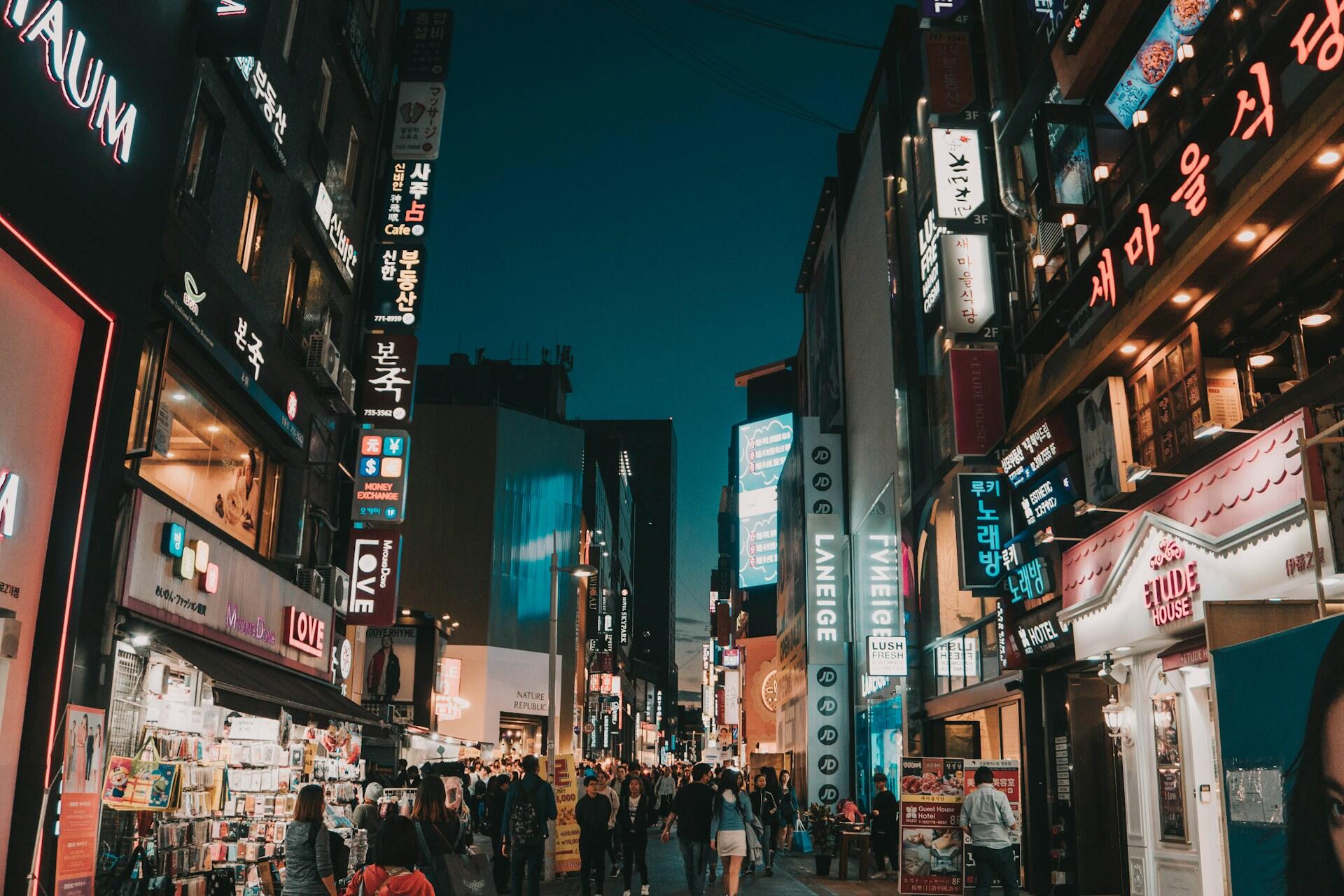
After you learn some basic Korean words, we recommend learning these common honorifics.
1. Hyung (형) – "Older Brother" for Males
Who uses it?
- Younger males addressing an older male (brother or close friend).
Example:
- 형, 같이 게임할래? (Hyung, gachi geim hallae?) – "Hyung, do you want to play a game together?"
2. Noona / Nuna (누나) – "Older Sister" for Males
Who uses it?
- Younger males addressing an older female (sister or close friend).
Example:
- 누나, 오늘 뭐 해? (Noona, oneul mwo hae?) – "Noona, what are you doing today?"
3. Unnie (언니) – "Older Sister" for Females
Who uses it?
- Younger females addressing an older female (sister or close friend).
Example:
- 언니, 이 옷 어때? (Unnie, i ot eottae?) – "Unnie, how does this outfit look?"
4. Sunbae (선배) & Hoobae (후배) – Senior & Junior Titles
Who uses it?
- Sunbae (선배) is used by juniors to address a senior at school or work.
- Hoobae (후배 / Hubae) refers to juniors, but is not typically used when addressing someone directly.
Example:
- 선배님, 조언 부탁드립니다. (Sunbaenim, jo-eon butak deurimnida.) – "Sunbae, I’d like to ask for your advice."
5. Sajangnim (사장님) – CEO or Boss
Who uses it?
- Employees addressing their company's CEO or higher-ups.
Example:
- 사장님, 회의가 곧 시작됩니다. (Sajangnim, hoeuiga got sijakdoemnida.) – "Boss, the meeting is about to start."
6. Seonsaengnim (선생님) – Teacher
Who uses it?
- Students or people addressing a teacher, doctor, or mentor.
Example:
- 선생님, 질문이 있어요. (Seonsaengnim, jilmun-i isseoyo.) – "Teacher, I have a question."
7. Nim (님) – Formal Honorific for Respect
Who uses it?
- Adding "nim" (님) raises the level of respect and is used in formal speech or professional settings.
Example:
- 고객님, 주문이 완료되었습니다. (Gogaeknim, jumun-i wallyo doeeotsseumnida.) – "Dear customer, your order has been completed."
How Honorifics Shape Korean Society
Honorifics are beyond simple language rules. They can shape social interactions, work environments, and even media culture. Whether they're used in schools, workplaces, or family gatherings, the way people address each other comes with deep-seated traditions and values.
Korean media, particularly K-dramas and K-pop, highlight how honorifics play a role in relationships. If you watch or listen to them, you may notice the differences between formal and informal speech, particularly when this shifts, as it hints at a changing relationship between people.
Since language and culture are inextricably linked, when you learn Korean, you have to learn about the culture and these honorifics in order to use the language appropriately.
When to Use Honorifics in Korean?
Like most languages, the use of Korean honorifics depends on age, relationship, and formality. The honorifics "Oppa" and "Hyung" are certainly more casual, but "Seonsaengnim" or "Sajangnim" would be for more formal conversations.
Misusing honorifics can make you sound rude or overly distant, so make sure that you learn how to use them correctly when you learn Korean.

1. Age and Hierarchy
In Korean culture, age matters. The general rule is that younger people should use honorific speech to address older people or those in higher positions.
Use honorifics when addressing older friends, colleagues, or seniors.
Drop honorifics when speaking to close friends or younger people.
Example:
- Correct: "선배님, 조언을 해주셔서 감사합니다." (Sunbaenim, joeoneul haejusyeoseo gamsahamnida.) – "Sunbae, thank you for your advice."
- Incorrect: "야, 조언 고마워!" (Ya, joeon gomawo!) – "Hey, thanks for the advice!" (This is too informal for a senior.)
2. Formal vs. Informal Speech
There are different speech levels in Korean. These depend on the relationship between speakers.
| Speech Level | Usage | Example |
|---|---|---|
| Formal (-ㅂ니다 / -습니다) | Used in workplaces, schools, or with strangers | 감사합니다 (Gamsahamnida) – "Thank you" |
| Polite (-요) | Used in casual but respectful conversations | 고마워요 (Gomawoyo) – "Thank you" |
| Informal (반말, casual speech) | Used among close friends or younger people | 고마워 (G |
If you're unsure, it's always a good idea to start with formal speech until the other person suggests using informal speech (반말).
3. When You Can Stop Using Honorifics
After a while, Koreans can drop honorifics to show intimacy and friendship when relationships become closer. There's even a name for when this happens, "말 놓기" (mal notgi), which means "lowering speech levels".
- Friends of the same age may stop using honorifics after a while.
- Couples often drop honorifics as their relationship deepens.
- Colleagues may continue using honorifics at work but switch to informal speech outside the office.
Example:
- Formal: "언니, 오늘 시간 있어요?" (Unnie, oneul sigan isseoyo?) – "Unnie, do you have time today?"
- Informal: "야, 오늘 시간 있어?" (Ya, oneul sigan isseo?) – "Hey, do you have time today?" (Only for close friends)
Learning Korean with Superprof
Learning Korean honorifics will likely be towards the beginning of your language-learning journey.
To master the language, you'll also need to understand speech levels, pronunciation, and grammar. Luckily, Superprof can help!
Search for Korean on the Superprof website to find experienced Korean tutors who can offer lessons tailored to your skill level, learning goals, and preferred learning style.
You can also find native and fluent Korean speakers to help with pronunciation and cultural nuances like honorifics.
Many Korean tutors offer the first lesson for free, so you can also try a few potential tutors before choosing the right one for you and your goals.
Summarise with AI:

